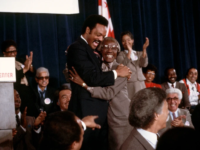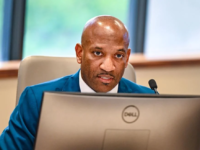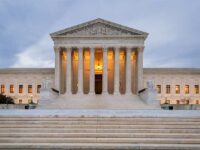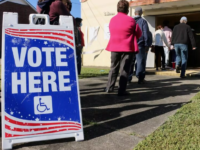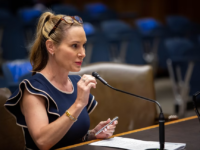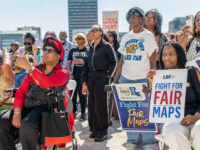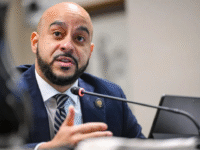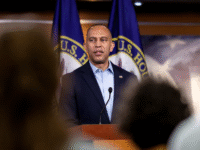The legal battle over Louisiana’s congressional map intensified this week as the state and Black voters filed starkly opposing briefs with the U.S. Supreme Court, setting the stage for oral arguments this fall in Louisiana v. Callais. At stake is not just the fate of Louisiana’s 6th Congressional District — home to Baton Rouge and currently represented by Democrat Cleo Fields — but the future of the Voting Rights Act itself.
In its filing, Louisiana abandoned its prior defense of the court-ordered map that created a second majority-Black district. Instead, the state urged the justices to declare that any use of race in redistricting is unconstitutional. Attorney General Liz Murrill blasted the Voting Rights Act’s requirements as an “abhorrent system,” insisting Louisiana only drew the district “under protest” after a federal court found its earlier map illegally diluted Black voting strength.
🚨Brief filed in U.S. Supreme Court for Louisiana’s landmark redistricting case, Louisiana v. Callais
Our Constitution prohibits the sorting of Americans into voting districts based on their skin color – and Louisiana wants no part of that abhorrent system. We have made this… pic.twitter.com/Rr5ywcHaeb
— Attorney General Liz Murrill (@AGLizMurrill) August 27, 2025
Louisiana’s brief went further, likening Section 2 of the Voting Rights Act—the law designed to prevent racial vote dilution—to the race-conscious college admissions programs the Court struck down in 2023. “Race-based redistricting is categorically unconstitutional,” the state argued, urging the Court to end the practice nationwide .
Black voters, represented by the NAACP Legal Defense Fund and the ACLU, filed a sharply different brief. They called the Voting Rights Act “the crown jewel of civil rights legislation” and stressed that Louisiana’s 2022 map had already been found unlawful by seven federal judges. Those rulings documented stark racial polarization in Louisiana elections and concluded that Black residents—nearly a third of the state’s population—were unlawfully limited to electing their candidates of choice in just one of six congressional districts.
“The notion that the sun has set on the need for race-conscious remedial redistricting is contrary to both the fact of ongoing discrimination in Louisiana and the text and purpose of Section 2,” the voters wrote, pointing to the long record of cracked and packed Black communities in maps drawn by state lawmakers.
The Supreme Court itself signaled earlier this month that it is considering the broader constitutional question: whether creating majority-minority districts to comply with the Voting Rights Act violates the Fourteenth or Fifteenth Amendments. That framing suggests the Court’s conservative majority may be preparing to go beyond Louisiana’s case and issue a sweeping decision with implications far beyond the state.
For Baton Rouge and much of south Louisiana, the immediate consequence is whether the 6th District—drawn to include a majority-Black population stretching from Shreveport to Baton Rouge—will survive. But for the country, the outcome could determine whether one of the last major protections against racial vote dilution endures or is dismantled.
The Court is scheduled to hear arguments in October.



